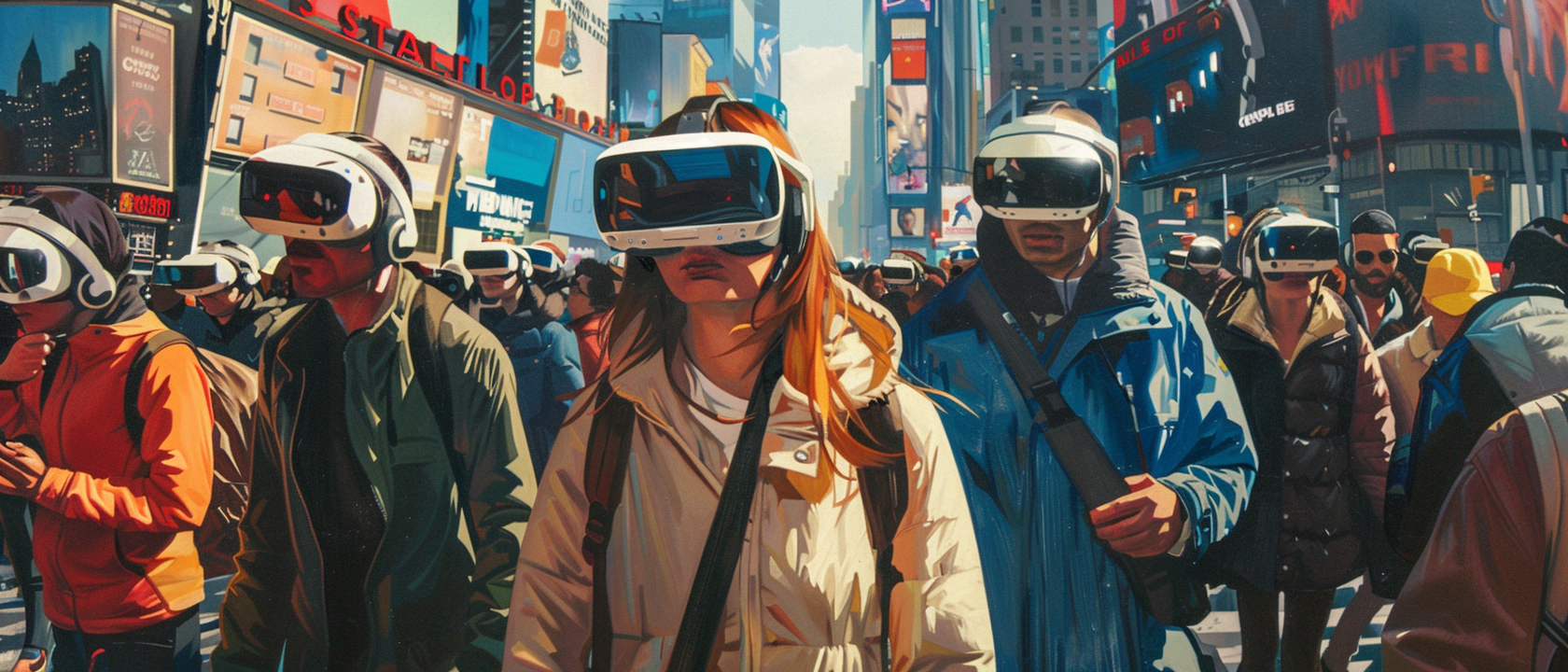The Empire's Crossroads: Col. Douglas Macgregor's Insight into America's Future
This post was originally published on
Key Takeaways
Retired Colonel Douglas Macgregor, CEO of Our Country Our Choice, is a voice of reason amid the chaotic geopolitical and economic landscape. In a podcast episode with host Natalie Brunell, Macgregor delves into a range of pressing issues that pose significant concern for the United States and beyond.
The economy is at the forefront of Macgregor's worries. Despite reassurances from the Federal Reserve, Macgregor sees inflation continuing to rise, contradicting the narrative that the battle with inflation has been won. The selling of U.S. treasuries by countries like China signals a potential shift away from confidence in the U.S. financial system, hinting at a grim outlook for the economy and the threat of a financial crisis more severe than a recession.
Another critical issue Macgregor highlights is the massive influx of illegal immigrants, which has reached numbers that, according to his sources in the Department of Homeland Security, could be around 30 million. The integration challenges, coupled with the potential for an economic downturn, raise concerns about employment and social stability.
Macgregor also touches on the divisive political climate in the U.S., with rural versus urban ideologies creating an "ugly divide." He suggests that the heartland of America remains steadfast in its cultural identity, increasingly at odds with the changes emanating from Washington.
Internationally, Macgregor describes the Ukraine conflict as a catastrophe, with unnecessary loss of life and a potential for prolonged struggle. He criticizes the U.S. support for what he considers a kleptocratic Ukrainian government, suggesting that aid funds are not reaching the intended recipients but rather benefiting defense contractors and corrupt officials.
Turning to the Middle East, Macgregor speaks of the rising tensions due to the Israeli-Palestinian conflict and the dissatisfaction among Muslim nations with their governments' lack of action. The delicate balance of powers in the Middle East, the potential formation of regional alliances, and the strained relationship with Israel could herald significant changes with global repercussions.
Macgregor advocates for a reevaluation of national priorities, urging a focus on domestic issues like border security and the enforcement of the rule of law. He calls for a reimagining of government structure to address the current systemic challenges and the need for new, principled leadership to navigate through the impending upheaval.
Best Quotes
- "We're a runaway locomotive on a very wobbly track headed down the side of a mountain." Macgregor uses this metaphor to describe the precarious state of the U.S. economy, foreshadowing a potential disaster ahead.
- "The principal purpose right now of government in the west is control." Macgregor emphasizes the government's desire for control, which he believes is at odds with innovations like Bitcoin that offer autonomy and self-sovereignty.
- "Our very identity is being diluted... I think the globalist neocon swamp simply wants to transform us into sedated consumers." Here, Macgregor criticizes the political establishment's disregard for national identity and culture, accusing them of prioritizing economic interests over preserving the nation's core values.
- "We're long overdue for some sort of revolutionary change in the United States." Macgregor predicts that the United States is on the brink of significant transformation, driven by the need to address deep-rooted systemic issues.
- "As long as the food stamps are available, as long as the government checks continue to show up... not much will [change]." This quote highlights Macgregor's view that government aid has made the population complacent, potentially delaying necessary reforms until a crisis forces change.
Conclusion
Colonel Macgregor offers an unvarnished view of the challenges facing the United States and the world. He paints a picture of an empire at a crossroads, with economic instability, political polarization, and international tensions threatening to unravel the fabric of American society. Macgregor's insights suggest the urgent need for introspection and reform, both domestically and in foreign policy. Despite the harsh realities, there's a sense of optimism in his belief that crisis can catalyze positive change and that new leadership may emerge to guide the nation to a brighter, more sustainable future. His thoughts on Bitcoin as a potential stabilizing force underscore the search for alternatives in a world where traditional systems are failing. As Macgregor concludes, while we sleep comfortably now, the challenges we face are a harbinger of the transformative times ahead.




